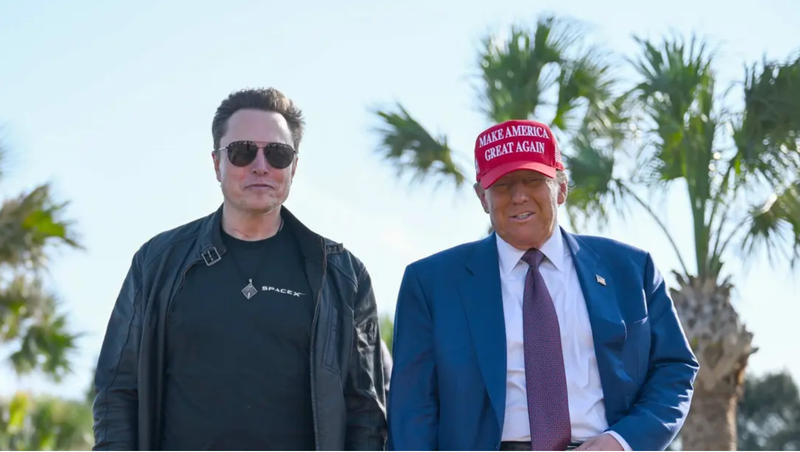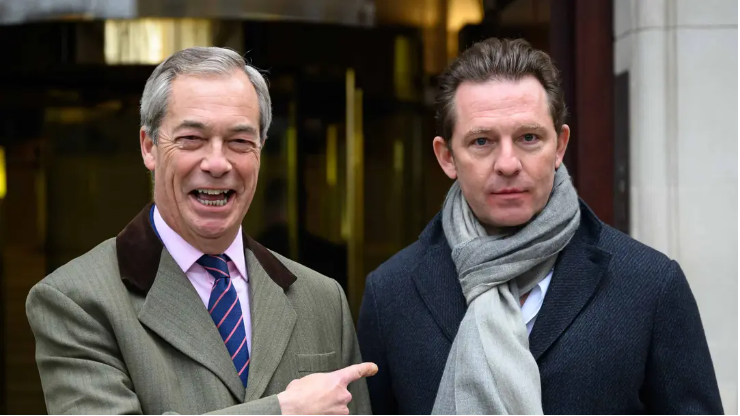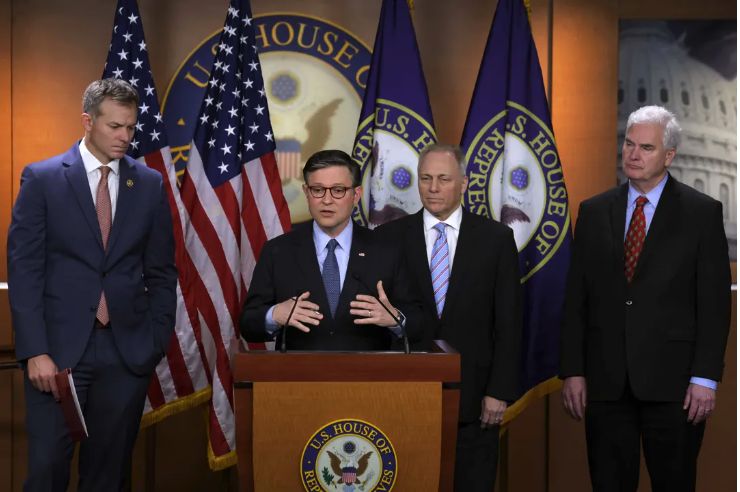DOJ: IRS Leaker Sought Job to Release Trump's Tax Returns
Department of Justice (DOJ) prosecutors have claimed that Charles Littlejohn, the Internal Revenue Service (IRS) contractor who allegedly leaked former Pres. Donald Trump's tax returns, obtained his job with the intention of disclosing Trump's confidential records....
Facts
- Department of Justice (DOJ) prosecutors have claimed that Charles Littlejohn, the Internal Revenue Service (IRS) contractor who allegedly leaked former Pres. Donald Trump's tax returns, obtained his job with the intention of disclosing Trump's confidential records.1
- According to a 15-page court filing by federal prosecutors, Littlejohn worked with Booz Allen Hamilton on an IRS contract between 2008 and 2013 with the 'intention of accessing and disclosing tax returns.'2
- In addition, prosecutors claim Littlejohn considered Trump a threat to democracy, and 'weaponized his access to unmasked taxpayer data to further his own personal, political agenda.'3
- Littlejohn allegedly dodged IRS scrutiny by using relatively general search parameters, including by avoiding searching the former president's name, and exploiting loopholes in the systems to upload the stolen data to a private website he owned.2
- Prosecutors are seeking a maximum of five years in prison for Littlejohn, who pleaded guilty in October to one count of leaking Trump's tax returns without authorization. He also admitted to leaking the tax records of 'over a thousand' wealthy Americans.4
Sources: 1USA Today, 2WSJ, 3FOX News and 4NBC.
Narratives
- Pro-establishment narrative, as provided by Bloomberg Tax. Regardless of one's political views, it's an undoubted violation of privacy to illegally leak anybody's sensitive financial or personal information. Charles Littlejohn had a clear bias againstTrump, and he was determined to leak his tax returns by any means necessary. A healthy democracy guarantees equal protection under the law, and even public officials have a right to privacy. Littlejohn must be held accountable for his weaponization of authority.
- Establishment-critical narrative, as provided by Jacobin. Instead of focusing on extremely wealthy individuals who do everything possible to avoid paying taxes, the federal government is targeting a whistleblower who exposed the tax dodgers. Everyone knows that the wealthiest Americans pay only a fraction of the taxes they should, yet they are shielded from prosecution. Meanwhile, people like Charles Littlejohn face jail for simply blowing the whistle. The establishment will always protect its members, but proponents of transparency know that people like Littlejohn should be commended instead of targeted.







